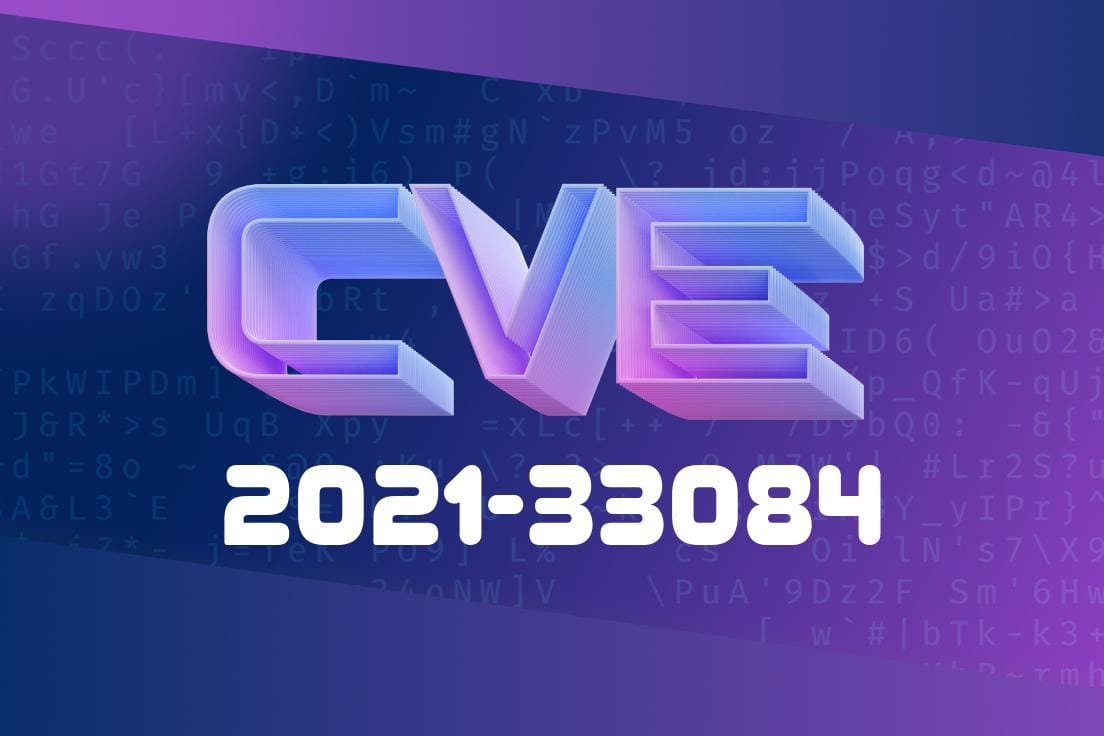Sometimes when scanning through databases of vulnerabilities, you might stumble on an entry that seems mysterious. Today we’ll take a deep-dive into CVE-2021-33084—a CVE identifier that has shown up in security feeds, vulnerability scanners, and patching reports. But here’s the twist: CVE-2021-33084 is marked as “REJECTED – This is unused.” So what does that actually mean? Should you be worried? And what happens to a CVE that’s never really put to use? Let’s make sense of it with exclusive details you won’t find everywhere.
What is CVE-2021-33084?
CVE-2021-33084 is an ID from the Common Vulnerabilities and Exposures system. Every valid CVE ID points to a known software flaw. But sometimes, an ID is “reserved” for a potential vulnerability before all the details are sorted out. In this case, something unusual happened: the ID was never assigned to a real vulnerability.
Here is the NVD entry for CVE-2021-33084
> “REJECTED Reason: This candidate was withdrawn by its CNA. Further investigation showed that this ID is unused. Notes: None."
Duplicate assignment: The same vulnerability ends up with multiple IDs; extras are rejected.
- Administrative cleanup: Sometimes, IDs are reserved for big batches, and unused ones get marked rejected.
A Look at the Life of a “Ghost” CVE
To help explain, let’s look at a code snippet that shows the kind of exploit you will NOT find for CVE-2021-33084 (because, again, it’s unused):
# CVE-2021-33084 - Exploit Sample (Hypothetical, does not exist)
print("No vulnerability here. This CVE was REJECTED and is unused.")
*If you see a scanner alert for CVE-2021-33084, it’s a red flag for the scanner—not you! Double-check its definitions.*
Should You Be Concerned?
No.
You’ll sometimes see CVE-2021-33084 pop up in vulnerability feeds or emails that claim to be urgent. Here’s what the professionals say:
> “Further investigation showed that this ID is unused.”
Source: cve.org/CVERecord?id=CVE-2021-33084
> “REJECTED: This candidate was withdrawn... this ID is unused.”
Source: NVD - CVE-2021-33084
Security Advisories:
No real advisories cite this CVE. If you receive a message about it, it’s probably incorrect, outdated, or referencing a different real issue.
Don’t panic: Check the official sources for confirmation.
2. Educate your team: Make sure IT and security teams know when a scanner or feed alert is a “ghost” CVE.
3. Keep your vulnerability scanner up-to-date: False positives sometimes happen because of bad data or old scans.
4. Share the knowledge: If you see CVE-2021-33084 in a list or feed, let everyone know it’s a non-issue using this post!
Conclusion
CVE-2021-33084 makes a good example of why basic CVE hygiene is important. Just because an ID is listed doesn’t mean there’s a real threat. Always check the official status in authoritative databases. Protect your time and sanity by verifying before reacting!
References & Links
- Official CVE Entry: CVE-2021-33084 on cve.org
- NVD Entry: NVD - CVE-2021-33084
- About CVE Rejected Entries: cve.mitre.org/about/faqs.html#reject
In summary: You can ignore CVE-2021-33084—it doesn’t affect any software, and there’s no exploit, patch, or concern to worry about.
*Bookmark this post for reference next time you see a “ghost” CVE in your feeds! Stay safe and happy patching!*
Timeline
Published on: 01/01/1976 00:00:00 UTC
Last modified on: 09/04/2025 00:40:31 UTC
